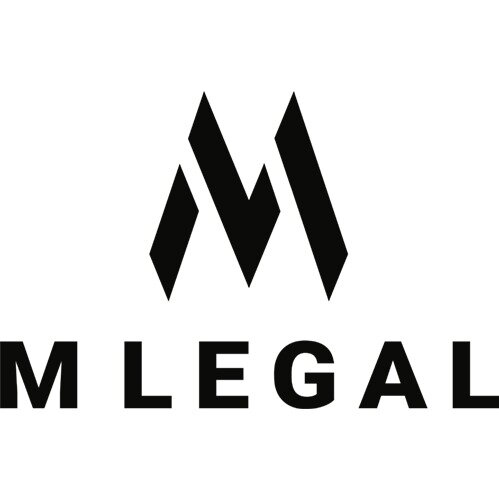Best Immigration Lawyers in Munich
Share your needs with us, get contacted by law firms.
Free. Takes 2 min.
List of the best lawyers in Munich, Germany
About Immigration Law in Munich, Germany
Immigration law in Munich, grouped under the general German Immigration law, primarily aims at controlling the influx of foreign nationals into the country, enabling productive integration, safeguarding the labor market, and ensuring national security. For non-EU citizens, different types of visas exist depending on the purpose and duration of the stay, like for employment, studying, or joining a family member. Knowing the nuances of the laws can be complex, and hence taking legal advice is usually advisable.
Why You May Need a Lawyer
Immigration law is intricate and involves numerous levels of legislation. Navigating through visa application processes, dealing with asylum claims, or confronting deportations require assistance from professionals familiar with German Immigration Law. Lawyers can provide guidance and draft your applications, ensuring that they’re in accordance with the latest rules. Their expertise can be invaluable during appeals, as they can correctly interpret complex legislation and provide solid argumentation.
Local Laws Overview
German Immigration Law is regulated primarily by the Immigration Act (Zuwanderungsgesetz). Munich, like all other German cities, follows this law strictly. Some key facets pertinent to Munich are that non-EU nationals wishing to work or study in Germany need a residence permit-either in the form of a visa before they enter Germany or a residence permit after they have entered. Knowledge of German language is often mandatory. Germany introduced the Skilled Immigration Act in 2020, making it easier for skilled workers from outside the EU to migrate to Germany legally.
Frequently Asked Questions
1. How can I apply for a visa to work in Munich?
You should apply for a visa at the German Embassy or Consulate in your country. The process involves filling the application form, submitting required documents, and paying the visa fee. After arrival in Munich, you may need to apply for a residence permit.
2. What is the Skilled Immigration Act?
The Skilled Immigration Act, which came into force in March 2020, simplifies immigration procedures for skilled workers who have a confirmed job offer and basic German language skills.
3. Can I study in Munich as a foreign national?
Yes, one can pursue their studies in Munich with a suitable Student Visa or Student Applicant Visa. Moreover, Germany offers special provisions for graduate students under the “EU Blue Card”.
4. Can I bring my family to Munich?
Yes, Family Reunification Visas enable your spouse and minor children to join you. Certain conditions like sufficient living space, secured livelihood, and for spouses - basic German-language skills, are necessary.
5. Do I need to know German to immigrate to Munich?
In many cases, knowledge of German is necessary. It can be crucial during visa approval process as well as for productive integration into German society.
Additional Resources
You may consult 'BAMF - Federal Office for Migration and Refugees' and the 'Munich Foreigners Office' websites for information. Organizations like 'Caritas' offer counselling for immigrants. The 'German Lawyers Association' can help you connect with competent lawyers.
Next Steps
If you need legal assistance in immigration, identify a trusted immigration lawyer or legal advisor. Set up consultations to discuss your situation in detail and figure out the best course of action. Legal professionals can guide you through application processes, prepare for possible obstacles, and provide support throughout the whole journey.
Lawzana helps you find the best lawyers and law firms in Munich through a curated and pre-screened list of qualified legal professionals. Our platform offers rankings and detailed profiles of attorneys and law firms, allowing you to compare based on practice areas, including Immigration, experience, and client feedback.
Each profile includes a description of the firm's areas of practice, client reviews, team members and partners, year of establishment, spoken languages, office locations, contact information, social media presence, and any published articles or resources. Most firms on our platform speak English and are experienced in both local and international legal matters.
Get a quote from top-rated law firms in Munich, Germany — quickly, securely, and without unnecessary hassle.
Disclaimer:
The information provided on this page is for general informational purposes only and does not constitute legal advice. While we strive to ensure the accuracy and relevance of the content, legal information may change over time, and interpretations of the law can vary. You should always consult with a qualified legal professional for advice specific to your situation.
We disclaim all liability for actions taken or not taken based on the content of this page. If you believe any information is incorrect or outdated, please contact us, and we will review and update it where appropriate.
Browse immigration law firms by service in Munich, Germany
Munich, Germany Attorneys in related practice areas.










